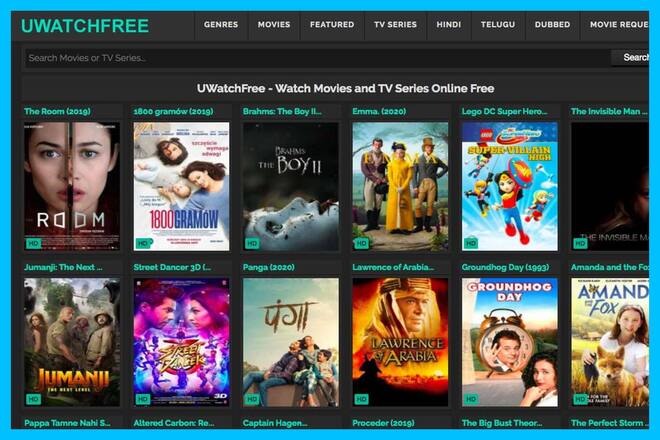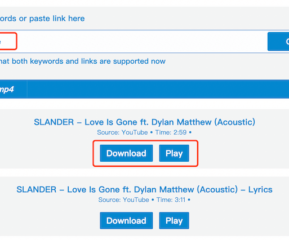Picture this: a place where your academic prowess and personal reflections merge, birthing something truly spectacular. That’s the essence of a student-centric blog. It’s not just about scribbling thoughts; it’s a dynamic extension of your educational journey.
Whether you’re diving deep into the realms of science or exploring the intricate paths of literature, a top-notch blog can become your closest ally. It enhances your learning experience, connects you with like-minded individuals across the globe, and could even open doors to exciting opportunities in the future.
In this guide, we’re going to unravel the secrets of crafting a blog that not only complements your studies but elevates them. From the inception of your blog idea to capturing your audience’s attention, we’re covering all bases.
Table of Contents
1. What’s Your Blog’s Beat?
A student’s blog isn’t just some diary or a recap of lectures. It’s a live wire for digging deep and growing big. Your blog’s main gig should be to amp up what you get from your classes. Chatting about tricky theories or ideas not only cements your own learning but can give others a leg up too.
This hustle sharpens your brain for thinking deeply and dishing out academic goodies in bite-sized, cool posts. Plus, it’s like a digital trophy case, showing off your brainy moves to possible bosses or teachers. It’s a sweet spot for networking and stamping your own brand in the digital world.
2. Picking the Perfect Platform
Choosing where to set up your blog is a biggie – it sets the vibe for your blogging journey. Each platform has its own flavor and crowd, and you have to pick one that plays nice with your tech know-how and blogging dreams. WordPress is a hot pick for its fancy customizing tricks and solid community vibes.
It’s perfect for students wanting full control of their blog’s look and tricks. Blogger is more of a no-sweat, straightforward pick, great for beginners. Then there’s Medium, which shines for its ready-made audience and focus on content, not frills – a winner for students itching to write and connect fast.
Think about stuff like how user-friendly it is, how much you can tweak it, and the kind of folks it attracts. Remember, your platform is like the foundation of your blogging adventure, so take your time to pick one that fits snug with your study groove.
3. Mastering the Art of Content Planning
Alright, let’s talk about content strategy for your academic blog. It’s like piecing together a puzzle – start with what gets you fired up in your studies. Blogging about stuff that sparks your interest? It’s not just fun; it meshes perfectly with what you’re learning. Whip up a content calendar – think of it as your blogging roadmap. This can be a simple spreadsheet where you jot down your brainwaves, planned postdates, and all that jazz. It’s a lifesaver for keeping your blogging game strong amidst the chaos of classes and exams.
Now, when you’re cooking up content, aim to stand out. Your blog should be a window into your unique take on your field. Tackle the head-scratchers you encounter in your coursework and share those eureka moments.
4. Chatting With Your Audience
Know your readers. As a student blogger, you’re talking to fellow students, academics, and maybe even industry buffs. Put yourself in their shoes. What gets them ticking? What info are they after? Your job is to serve up your academic journey with a side of value and insight.
Your writing’s got to strike a balance – engaging yet informative, chill but credible. Picture explaining stuff to a smart buddy who’s not in your field. You’re aiming for clear, relatable, jargon-free vibes. Throw in some of your own stories – it adds a real human touch to those brainy topics. Engaging with your readers, like chatting in the comments or answering their Qs, not only builds a community vibe but can spark ideas for your next posts.
5. Nailing Research and Accuracy
In the academic blogging world, getting your facts straight is not just important, it’s everything. A blog with dodgy info can really do your rep. Always double-check your facts, leaning on peer-reviewed stuff or legit academic sources. Cite your sources right – it’s about showing respect and giving your readers extra food for thought. Tools like Zotero or EasyBib? Lifesavers for handling your references.
Complex topics? Don’t shy away, but make sure you’ve got them down pat before you hit publish. If you’re ever in doubt, hit up a mentor on a platform like https://domyhomework123.com/ or engage your buddy. Showing that commitment to accuracy? It speaks volumes about you as a student and a blogger.
6. Melding Schoolwork into Blog Brilliance
Your blog’s not just a digital diary; it can be a snazzy showcase of your brainy pursuits. Spinning your coursework or research into blog gold not only spices up your posts but also puts your learnings into real-world play. But hey, tread carefully here – you’re dancing on the line of ethical dos and don’ts.
Rule one: dodge direct copy-pasting. Give your school stuff a remix for your blog – freshen it up with your unique twist. And if your work’s hush-hush or not yet public, make sure you’ve got the green light before spilling the beans online.
Flaunting your academic wins, like that killer project or A+ paper, is super rewarding. It’s like strutting your stuff, showing off your smarts, and hey, it might even snag you some cool feedback or tips from your online crew.
7. Networking: Your Blog’s Social Butterfly Effect
Blogging is more than punching keys; it’s about knitting a community. Blogs that really buzz are the ones where readers feel like they’re part of your tribe. Get chatty in your comments section – it shows you’re not just a faceless keyboard warrior. Hop onto social media – Twitter, LinkedIn, Facebook – and mix it up with other bloggers and readers.
It’s not just about racking up clicks; it’s about staying in the loop and spreading your digital wings. And don’t just stick to the screen – hit up real-world gigs like conferences or workshops, and let your blog flag fly.
Face-to-face chats can spark connections that online banter can’t touch. Think about buddying up with other bloggers, too. Guest posts, and joint webinars – it’s all good for getting your blog out there. But remember, it’s not just a numbers game; it’s about real connections that can bloom into collaborations, mentorship, or even friendships.
Conclusion
With your blog as a window, you get to mull over your studies, dish out what you know, and link up with folks worldwide. The skills you hone, the connections you make, and the aha moments you stumble upon? They’re golden, stretching way beyond classroom walls.
Keep in mind, your blog is like a living, breathing thing. It shifts and grows as you do, mirroring your journey through school and life. Whether you’re turning it into a money-maker, using it as a career springboard, or just as a space for soul-searching and self-growth, the perks are massive.
- What is Epic Games Launcher and How to Install It? - July 15, 2024
- What Is Audius Music Streaming App and How Does it Work? - July 13, 2024
- The 10 Best Astronomy Apps for Stargazing - July 12, 2024





